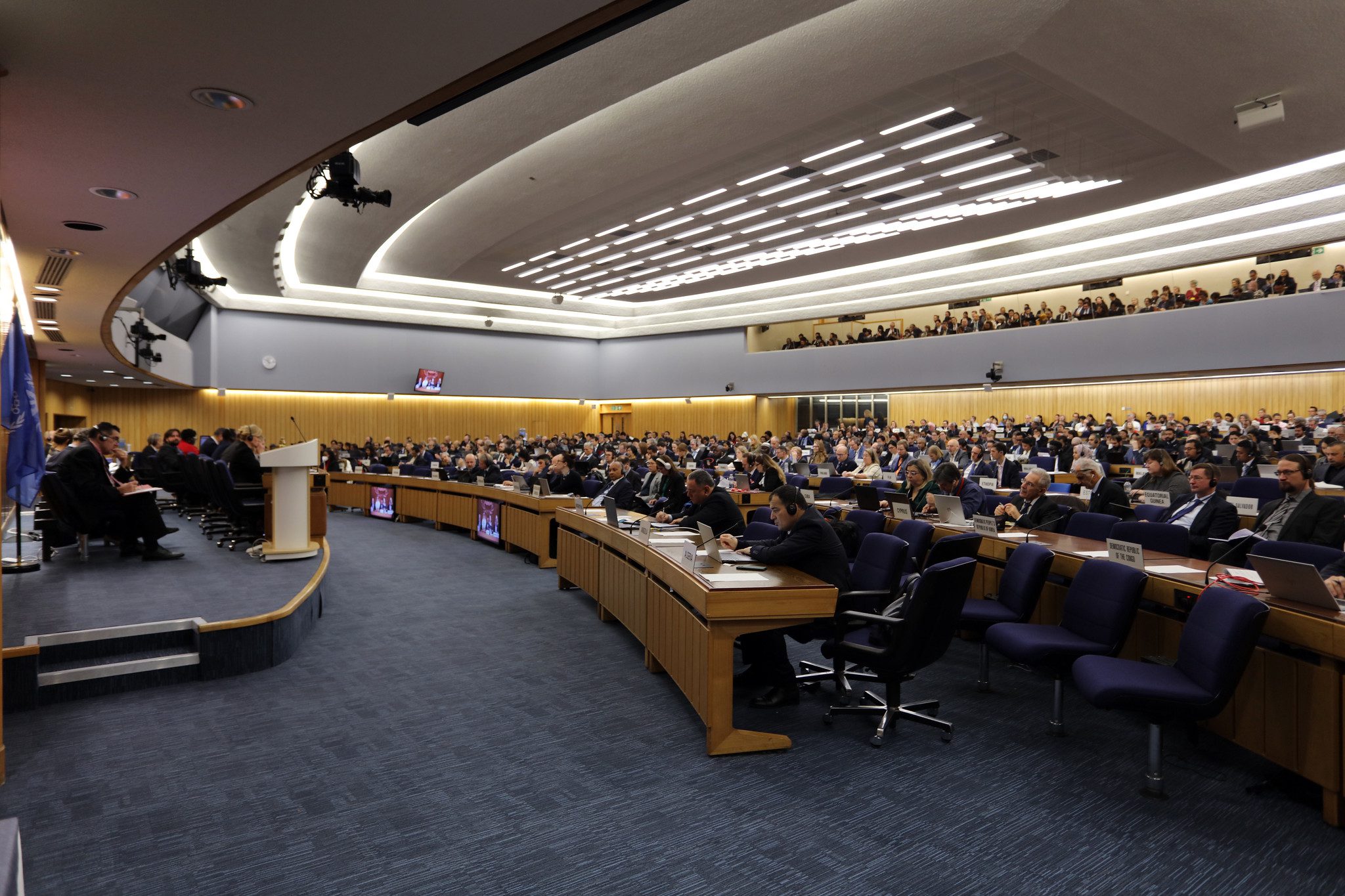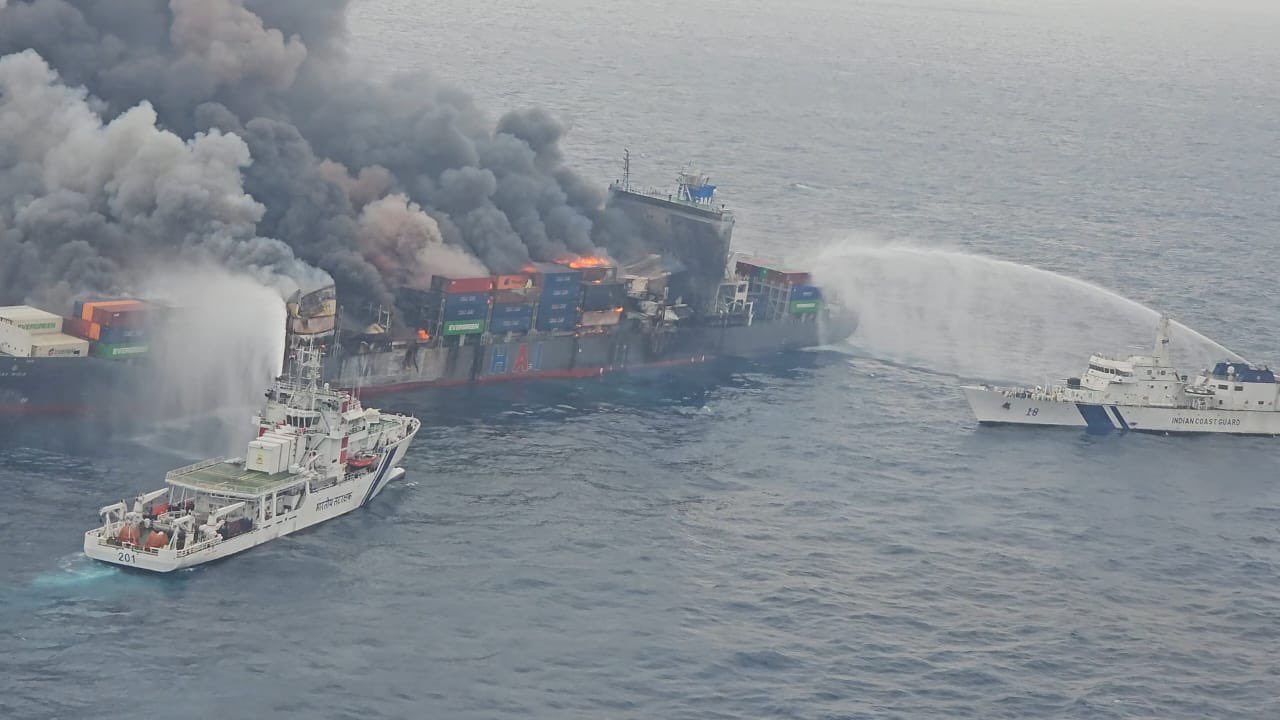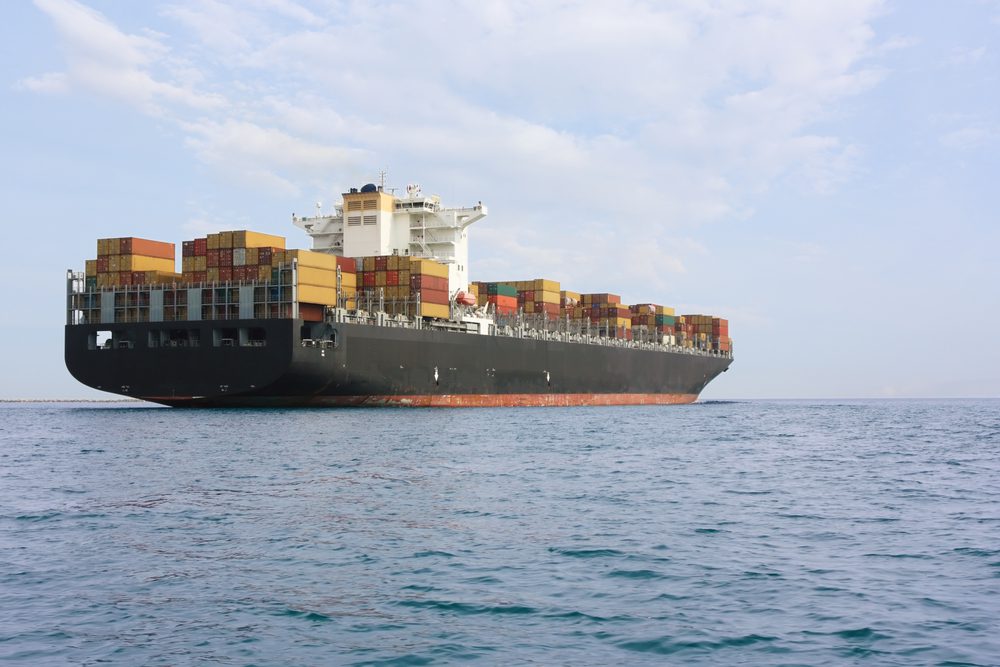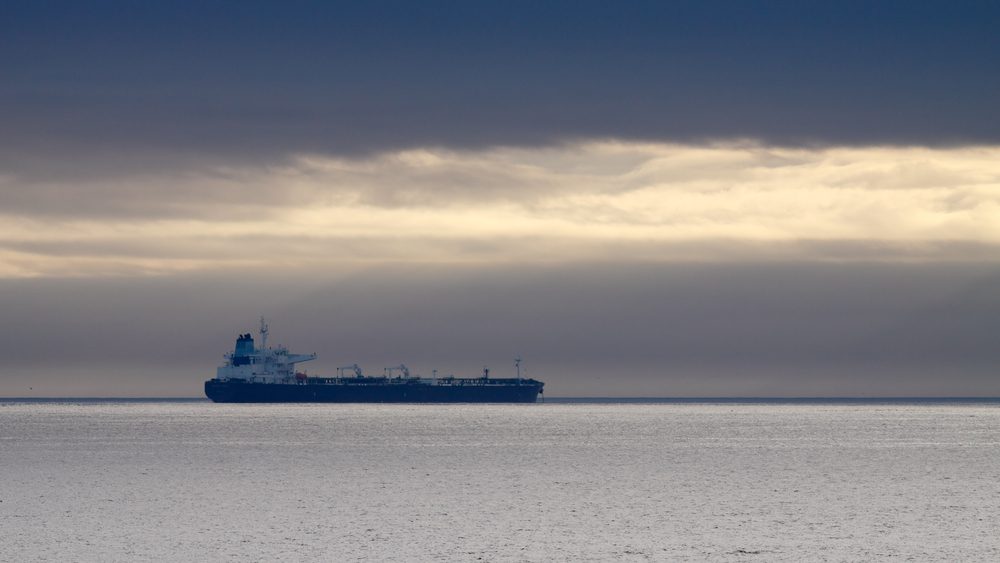By Barry Parker (gCaptain) –
The Marine Environmental Protection Committee (MEPC), the part of the International Maritime Organization (IMO) dealing closely with shipping’s path to decarbonization, began its MEPC79 meeting on Monday, December 12th. As explained in previous articles, the meeting is really a stop along the way towards a meeting next Spring (dubbed MEPC80) where the regulatory guideposts for the voyage to 2030, and beyond, will be agreed by the IMO.
Also mentioned previously, a great deal of the MEPC’s work in getting to a consensus occurs in the background, specifically in working groups that are held in between the big meetings. A big one—the Intersessional Working Group on greenhouse gasses, designated ISWG-GHG 13—was held in the week preceding MEPC79. Notably, the MEPC meeting format is now back to in-person for the first time since 2019, augmented by virtual participation by those unable to get over to London.
In the various remarks on Day 1, many of the delegates pointed to huge amounts of progress at the previous week’s ISWG-GHG 13 confab, with a number of delegates pointing to the virtues of face-to-face discussions. The big take-away from the commentators was a move in the direction of an agreement or, at least, some good conversations on the technical side (what levels of carbon reduction by 2050, with intermediate markers for 2030 and 2040). Importantly, there was also discussion on economic incentives to finance the changes (the word “levy” came up frequently).
In true IMO fashion, the ISWG-GHG 13 issued a lengthy report to be considered by delegates at MEPC79; topics in the 100+ page volume ranged from lessons learned so far, to analyzing and agreeing on longer term objectives. Also under discussion are potential revisions of the IMO’s all-important ship fuel oil consumption Data Collection System (DCS) which feeds computations of Carbon Intensity Indicators (CII). Not surprisingly, the DCS is driving a host of maritime “optimization” efforts, as well as providing data used by financiers who have signed up for the Poseidon Principles, and by cargo movers in the Sea Cargo Charter initiative.
The IMO DCS was a major discussion point at the working group’s meeting. The IMO’s DCS will be ramped up, with more demands for data potentially on the horizon. The data, important in its own right, ultimately feeds the big elephant in the room- which will be the longer-term pathways for decarbonization set down the IMO. But, for many readers immersed in our present freight-tech bubble- data is a topic in itself.
The report hinted that the IMO would be gathering much more information on cargo flows (with intent of feeding better inputs into CII calculations), and had been talking about more “granularity” in reporting fuel consumption (meaning that fuel consumption could be reported along with “operational modes”). Data transparency also came up. Quoting from the report, that one document was “suggesting to provide full public access to the DCS in a non-anonymized form or that different levels of access for different categories of users be considered; and suggesting that, on a strictly voluntary basis, shipping companies would be given the possibility to make their DCS data, in part or in full, available to every category of users and without any modification.”
The views on making ships’ fuel consumption data readily available to everyone were wide-ranging; again, quoting the report, “several delegations expressed their preference to make them widely available to facilitate analysis and research. Several delegations stressed that full transparency on fuel consumption data and CII ratings of ships would increase the credibility of shipping in its ambitions to reduce GHG emissions from ships and improve the level of trust in the work of the [IMO] on GHG issues. Several of these delegations stressed that a full access to non-anonymized data and to annual CII scores would allow stakeholders to provide incentives to high energy performance ships.”
But this view was hardly unanimous, with some participants wanting to keep data private. Still another view was that IMO DCS data (which might see additional items added to the mix) might be offered through: “various levels of accessibility…in particular for Administrations, observer organizations and the general public, and that accessibility may be enlarged in a phased manner.”

 Join The Club
Join The Club











